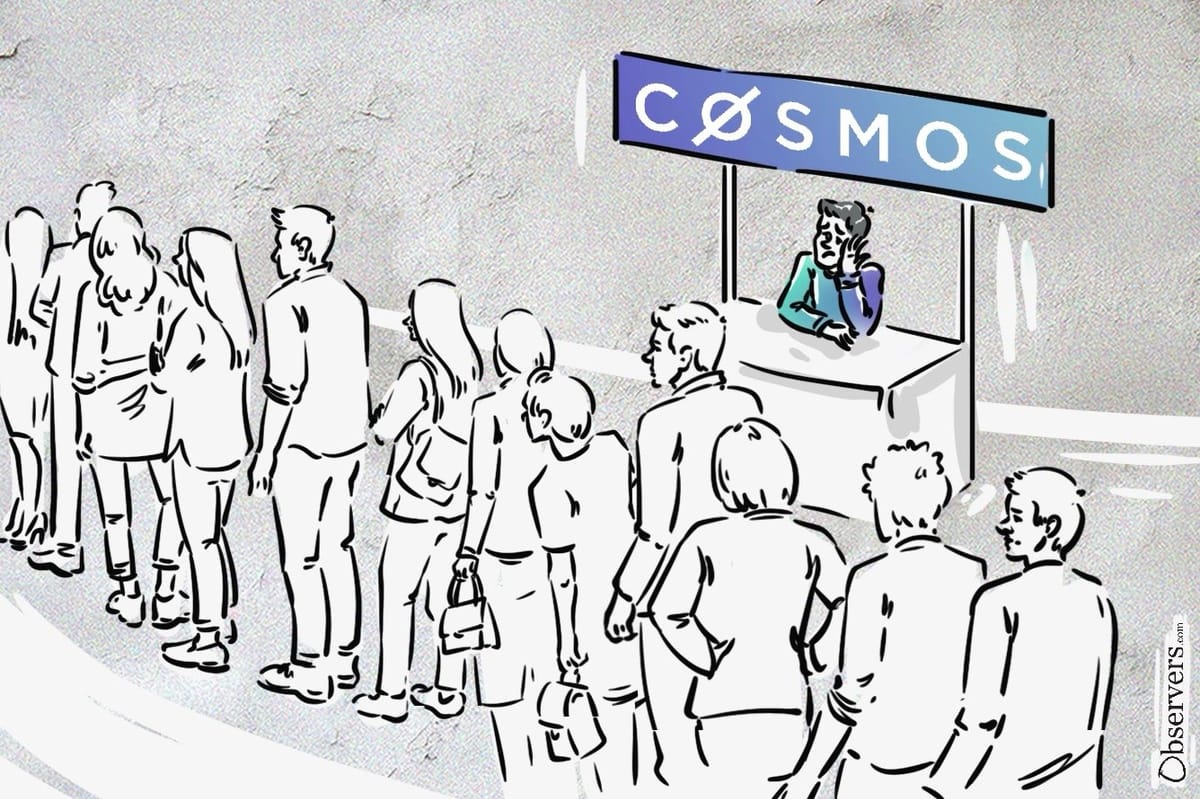
Recent discussions on Twitter by members and developers of the Cosmos community have revealed significant concerns regarding the project’s leadership. The discord began with a governance forum proposal by a user named Cosmos_Nanny, which challenged the Interchain Foundation’s (ICF) leadership through a “Declaration of No Confidence in ICF Leadership: Petition for Comprehensive Summary Reports.”
Cosmos_Nanny’s petition called for a thorough audit of the ICF, accusing it of lacking transparency, among other issues. The allegations touched on several pain points, including insufficient reporting, potential conflicts of interest, mismanagement of resources, and a lack of adequate management expertise within the Foundation. These accusations have sparked a broader debate within the community, with other members describing the ecosystem’s internal dynamics as “rough and antagonistic.”
Jacob Gadikian, a developer in the Cosmos community, echoed these sentiments, voicing his disillusionment with the ICF’s impact on new engineering teams. He pointed to a specific incident in September 2023, where he reported a security vulnerability that could disrupt the IBC and reduce block production, a report which he claims was neglected by both Informal Systems and the ICF.
Gadikian’s revelations have compounded concerns about the Cosmos leadership’s commitment to the community and investor interests. He urged the community to demand significant leadership changes, although he expressed skepticism about the potential for change, given the self-selecting nature of the Foundation Council.
Despite these challenges, the technical capabilities of the Cosmos ecosystem remain strong, supporting around 90 chains through its Inter-Blockchain Communication Protocol (IBC), and high-profile projects like Celestia, dYdX, and Axelar utilize its technology stack.
However, the relationship between Cosmos’s technology and the success of its native token, $ATOM, is more complicated. Many projects built on the Cosmos tech prefer to establish their independent networks and governance tokens rather than leveraging $ATOM, highlighting a disconnect between technological success and the demand for $ATOM tokens.
Furthermore, as demonstrated by dYdX’s CEO, Antonio Juliano, there is a clear trend of projects distancing themselves from the Cosmos brand as they develop.
I specifically don’t want dYdX’s brand to be too associated with cosmos
— Antonio (@AntonioMJuliano) June 2, 2023
Apps should transcend any particular technology they are built on
On dYdX v4, you will just “deposit” from any major chain using any major wallet. No “cosmos”, “bridges” or any of this other nonsense
Compared to ecosystems like Ethereum or Solana, Cosmos seems to trail in terms of development and innovation. This is further complicated by the difficulty of aligning its technology’s success with that of its token in a competitive market. Coupled with internal governance issues, this presents a tough outlook for both Cosmos and its $ATOM token.
Significant reforms in governance and leadership are essential to overcome these challenges. Without such changes, the $ATOM token is likely to continue the downward trend it has been experiencing since its peak in 2022.

